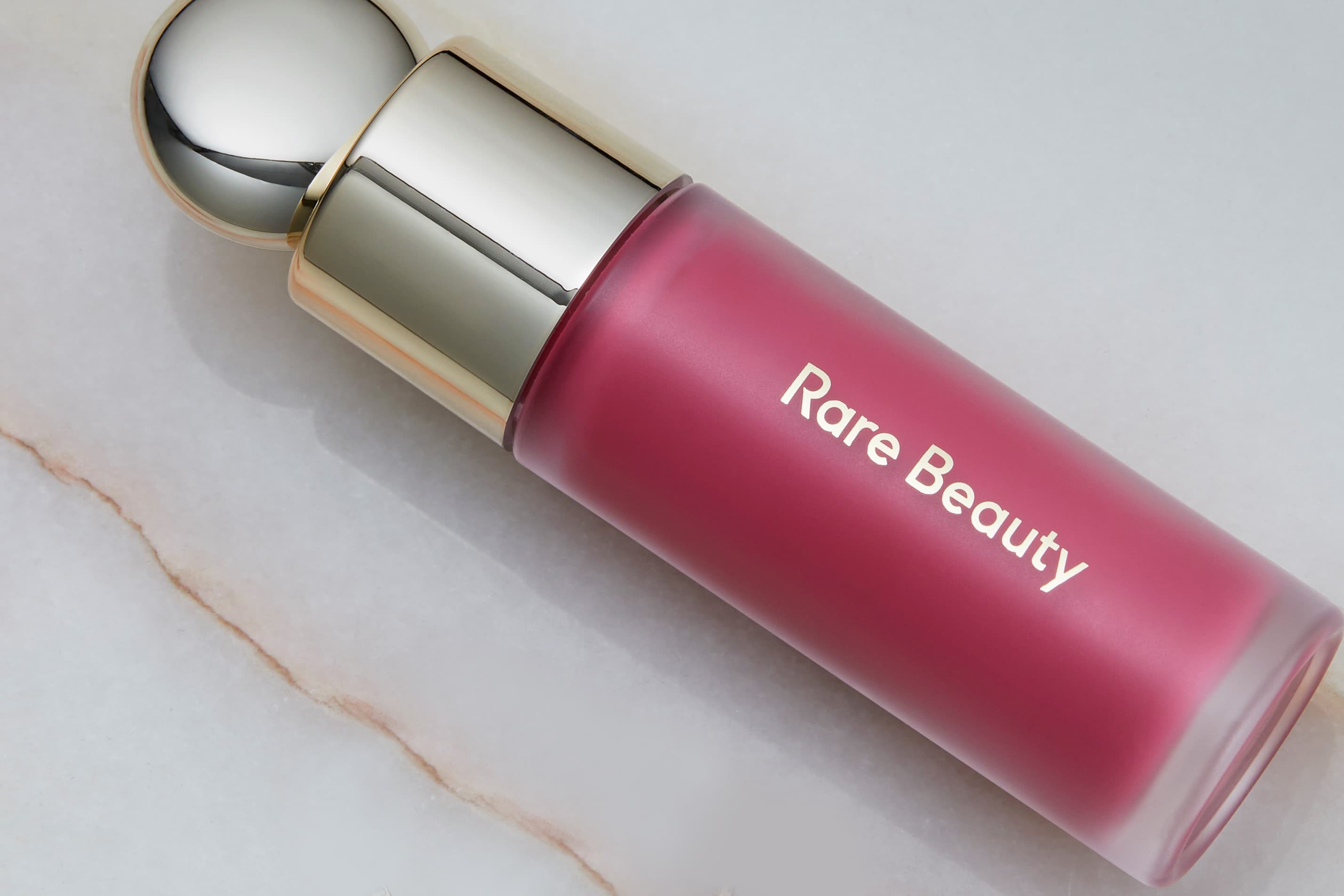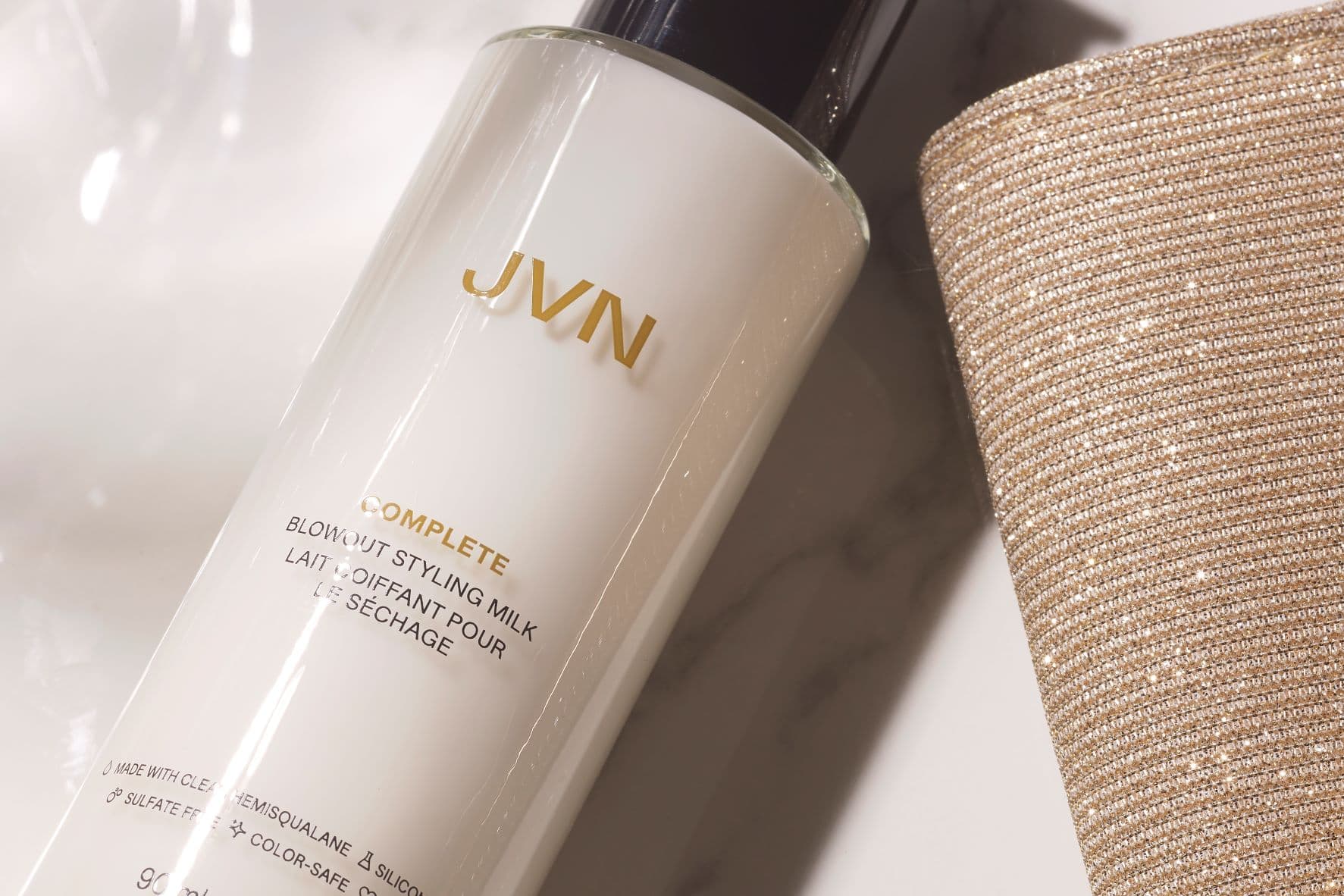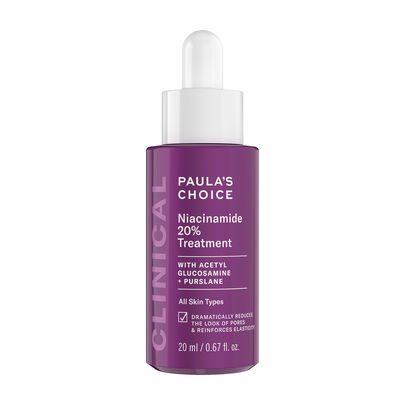Why Our Pursuit For Perfect Skin Has Changed

I am the biggest dreamer of all and am easily able to sit for hours while my imagination runs riot in a parallel universe. But while I’m often an excellent orator, singer and dancer in said realm, I have never let my inventiveness get the better of me when it comes to my ideal skin. You see, with 20 years of beauty editing, testing, and yes sometimes failing, under my belt I’ve become the biggest beauty realist of them all: my face sans lines sans character. Besides, what even is ‘perfect skin’ anyway?
Beauty products were never meant to be about ironing out the skin you were already in – it just so happens that it took us until 2020 with all its oddities and cultural knock-ons for us to catch on. We’ve all felt the pang of disappointment when the cream everyone is talking about fails the deliver the promises made on the packaging or you leave a facial looking much like you did on arrival without even a hint of a dewy glow.
“Beauty began to include wrinkles, freckles and blemishes. And heavens – were those really ‘laughter lines’?”
But that’s not to say I don’t trust in my lotions, live for good facials and swear by my serums to keep spots, pigmentation and dullness at bay, because I do (particularly if made by Paula’s Choice, Allies of Skin and Sturm). It’s more that I have spent two decades adopting a pretty healthy relationship with each, using every last drop to tend to my complexion’s sensitive moments while celebrating the face that I have been given, which is by no means ‘dreamy’ by the way. However, it is mine and I choose to enjoy it – learn to love yourself before anyone can love you back and all that.
You would be forgiven for having let the last decade mess with your cosmetic confidence. As we kept up with the Kardashians, chased likes and flirted with the idea of ‘sleb status, ‘perfect’ skin almost became a social currency. But then the mirror cracked, and beauty had to employ a little self-reflection. By 2015, brands were ditching fresh-faced models and replacing them with wisdom and character (hello Diane Keaton, Jane Fonda, Isabella Rossellini and Helen Mirren), while also refreshingly moving away from the phrase ‘anti-ageing.’ And the pendulum never swung back; ‘beauty’ began to include wrinkles, freckles and blemishes. And heavens – were those really ‘laughter lines’?
You see, the last laugh always lays with the consumer. It took us a while, but we realised lines and wrinkles aren’t so bad, and so did the beauty companies eager to produce products with positive messaging around health and radiance that told us we were fabulous just as we were.
We spent millions en masse falling back in our love with our skin. Just as the pandemic prompted a new collective consciousness, beauty was now a shared conversation; products weren’t about pursuing better skin that her, a filtered face belonging to someone else, or god forbid change, they were about us. Skincare was warm, generous and exactly what it set out to be historically, when rituals served as respite from the pressures of everyday life and the botanical ingredients quite literally made our skin bloom. (No wonder the sale of face masks soared faster than any other category. I single-handedly emptied two tubes of Sisley-Paris Black Rose Cream Mask, € 163,30 during lockdown).
A true love story, skincare made us happy again, and rather tellingly, happier still to spend money on it. After all, isn’t true self-love accepting who you really are - warts, wrinkles, n’ all? I think so.







